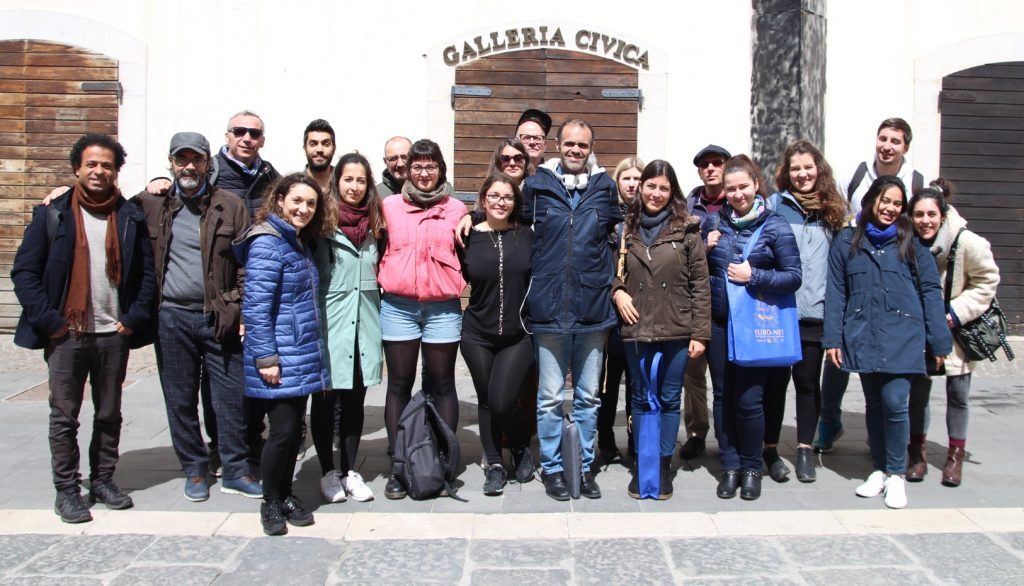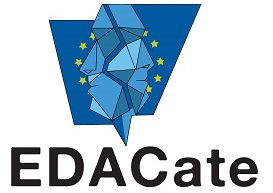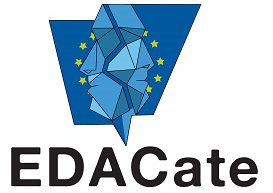
The EU Youth Strategy seeks to encourage young people to participate in the democratic process and in society.
The methods include to develop mechanisms for engaging in dialogue with young people and facilitating their participation in the shaping of national policies and supporting ways of ‘learning to participate’ from an early age. Through strengthening formal and non-formal participatory education, the European Commission seek to tackle radicalization and strengthen citizenship in general and European citizenship in particular. Since ‘learning to participate’ includes skills, such as digital literacy, entrepreneurship, project planing and management, social awareness and interaction, the young learners increase their employability. Through this ‘learn to participate’ is in accordance with the Strategic framework – Education & Training 2020.
Still the Europe 2020 framework set goals like the digital agenda or the involvement of older citizens in education. Keeping further in mind the current influx of migrants and the challenges for inclusion, it will become important to develop curricula and methods for participation and citizenship not just for the youth but as well for adult and vocational training. Participation will have to include knowledge on inclusion, intercultural differences and has much stronger tackle political and religious radicalization. The proposed project will therefore address the aims of Paris declaration on promoting citizenship and the common values of freedom, tolerance and non-discrimination through education’ of 2015, in which the European education minister announced to support political education in order to fight radicalization. Identifying best practices in training participation and citizenship will help to achieve social, democratic and intercultural skills for learners but as well facilitators. It will increase critical thinking and foster media competences.
All over Europe, active citizenship participation is often hindered by a lack of information, communication and cooperation between affected stakeholders as well as limited access to knowledge of the options available for voicing local interests. Citizens and stakeholders therefore require an overview of existing training tools and methods that can help overcome those barriers to participation.
However, in the past years a waste number of tools and methods had been developed in the different educational sectors and national systems. We believe that instead of reinventing methods, it will be more productive to evaluate existing tools in all sectors, identify good practices, collect and review them and share them in a specific format. Therefore the the project consortium consists out of partner from different education sectors, covering the geographic scope of all of Europe.
The good practice analysis and the to be developed methods handbook will directly contribute to the aims defined by the Erasmus+ Key Action 2 with focus on cross-sectoral cooperation. Central to this project is capacity-building for professionals (e.g. social workers), training for civil society organizations and more general educational objectives that are aimed at increasing citizen awareness of their possible roles in urban development situations.
Concrete results of the project that will have impact are:
-Enhanced skills for citizens with focus on the marginalized groups (such as people with disability and ethnically minorities as well whom suffered from poverty), teachers, social workers, local development agents and civil association members to be raised through the vocational education.
-Strong and empowered citizens participation in local level programs and in adult education where innovative methods are required.
-Trained educators in the field of higher education, primary and secondary school education and youth.
This capacity building on teachers and trainers will further have an impact on all learners, improving their personal skills and in this way increasing their employability.
Earlier projects by the different partners on good practices proofed that a Trans-national analysis produce results which are highly relevant and transferable, complementary and the fast applicable in other countries. For this reason plus the fact that we are seeking European answers for participation, the project has to be Trans-national.
Due to the geographic coverage we can tackle different approaches and needs for participation, inclusion and integration in Europe and highlight synergies and good practices which are already implemented on national or local level.


